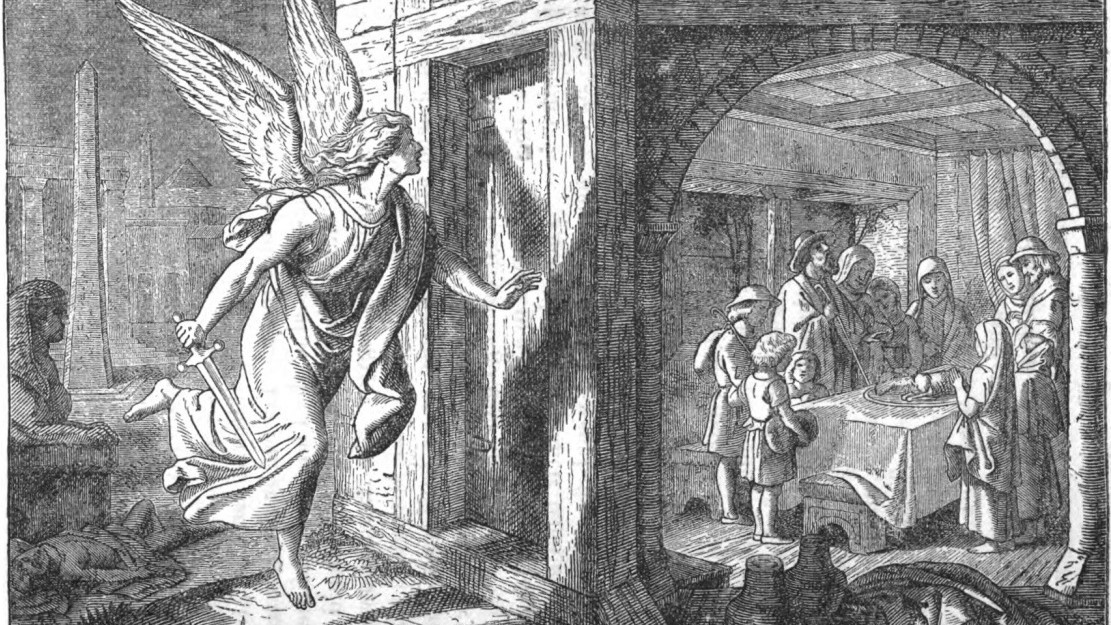
Exodus 12:1-14
Maundy Thursday ABC
1 The LordA said to MosesB and AaronC in the land of Egypt:D 2 This monthE shall mark for you the beginningF of months; it shall be the firstG month of the year for you.
3 Tell the whole congregationH of IsraelI that on the tenth of this month they are to take a lambJ for each family,K a lamb for each household. 4 If a household is too smallL for a whole lamb, it shall join its closest neighbor in obtaining one; the lamb shall be divided in proportion to the number of peopleM who eat of it.
5 Your lamb shall be without blemish,N a year-old male;O you may take it from the sheepP or from the goats. 6 You shall keepQ it until the fourteenth day of this month; then the whole assembled congregation of Israel shall slaughter it at twilight.
7 They shall take some of the bloodR and put it on the two doorpostsS and the lintel of the houses in which they eat it. 8 They shall eat the lambT that same night; they shall eat it roasted over the fire with unleavened breadU and bitter herbs.V
9 Do not eat any of it raw or boiled in water, but roasted over the fire, with its head, legs,W and inner organs.X 10 You shall let none of it remain until the morning; anything that remains until the morning you shall burn.Y
11 This is how you shall eat it: your loins girded,Z your sandals on your feet, and your staffAA in your hand; and you shall eat it hurriedly.BB It is the passoverCC of the Lord.
12 For I will passDD through the land of Egypt that night, and I will strikeEE down every firstborn in the land of Egypt, both human beingsFF and animals;GG on all the godsHH of Egypt I will execute judgments:II I am the Lord.
13 The blood shall be a signJJ for you on the houses where you live: when I see the blood, I will passKK over you, and no plagueLL shall destroy you when I strike the land of Egypt.
14 This day shall be a day of remembranceMM for you. You shall celebrateNN it as a festivalOO to the Lord; throughout your generationsPP you shall observe it as a perpetualQQ ordinance.RR
Image Credit: “The Destroying Angel Passes through Egypt” from The Story of the Bible from Genesis to Revelation, 1873.
